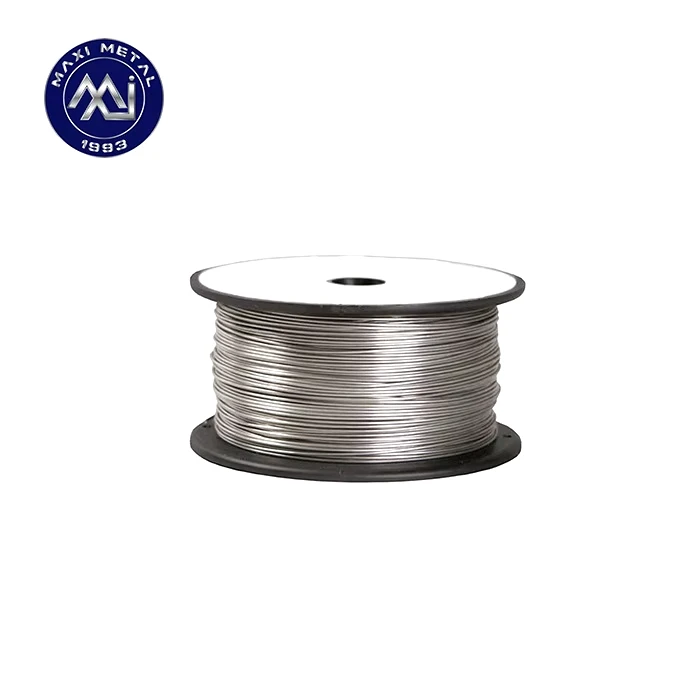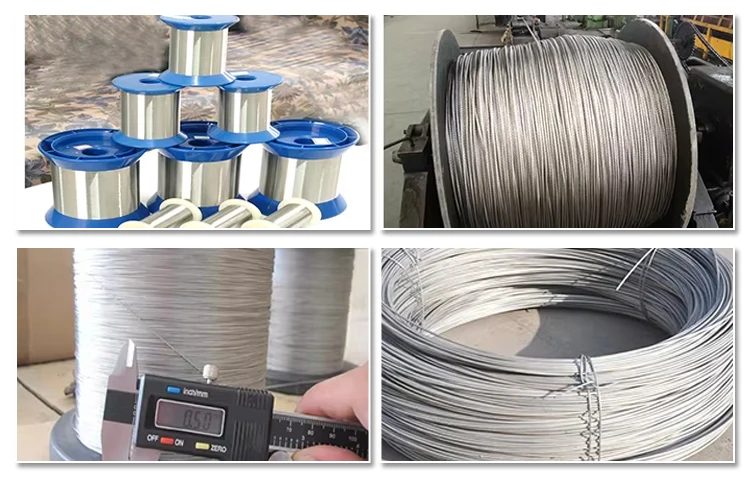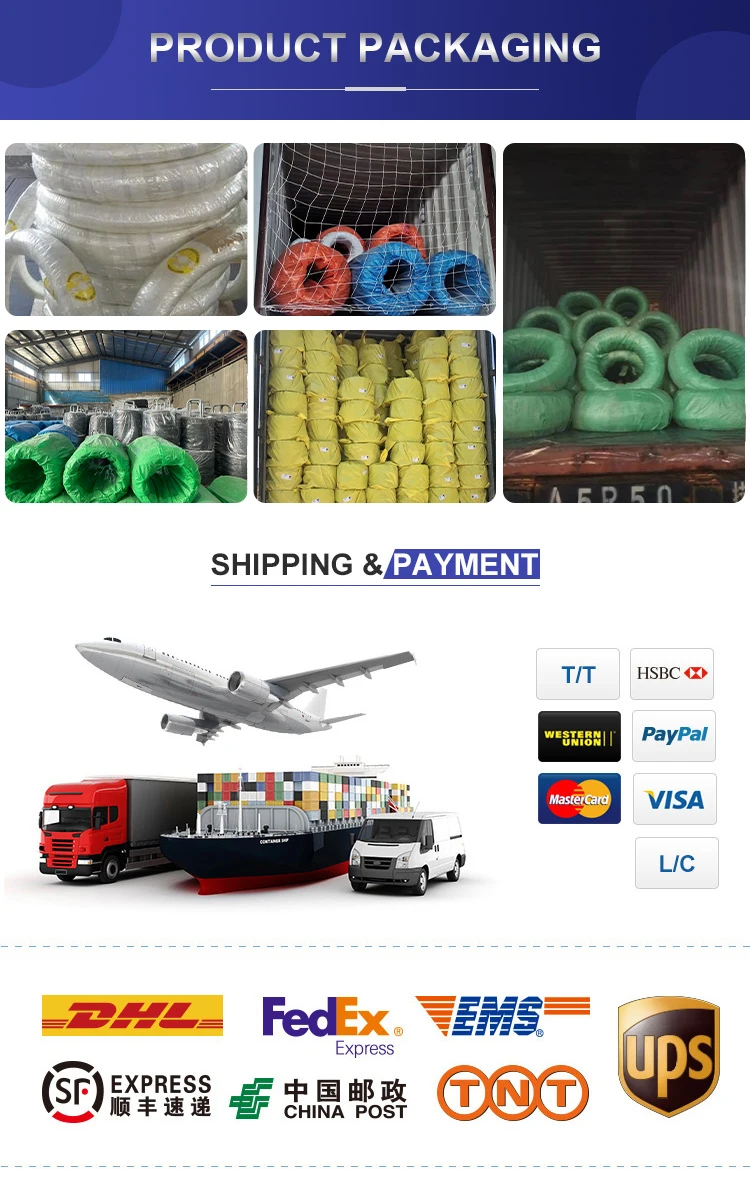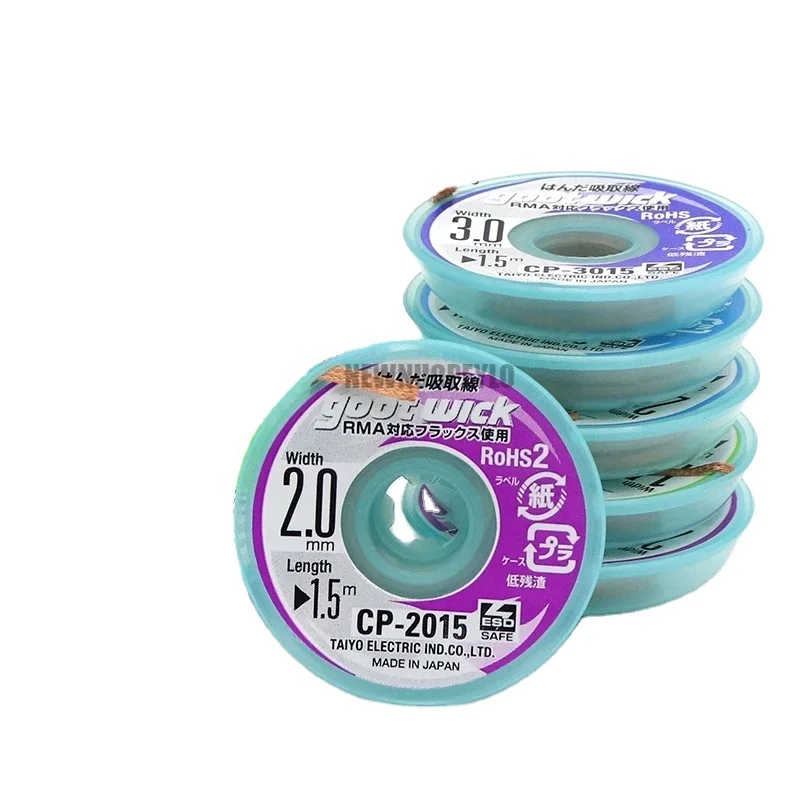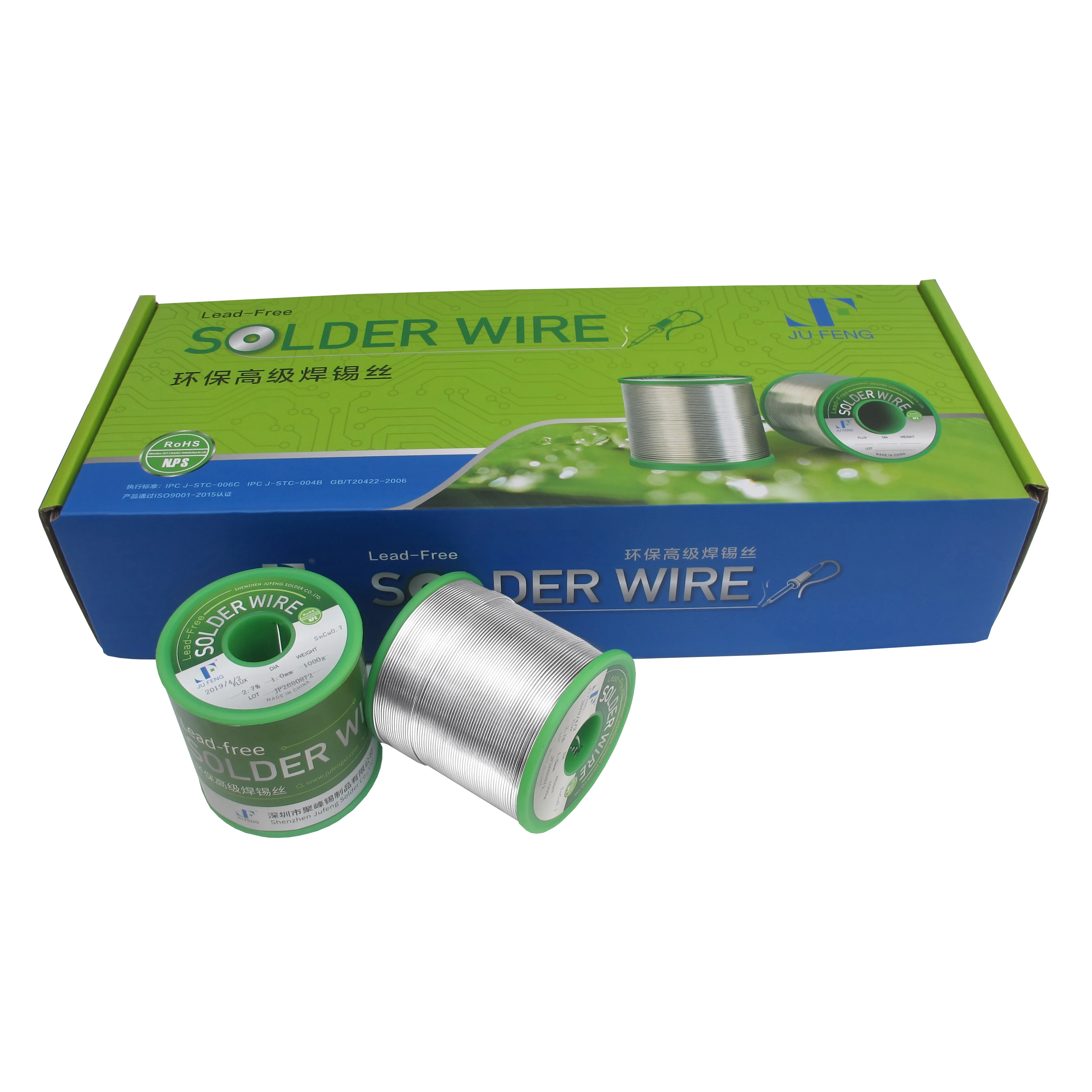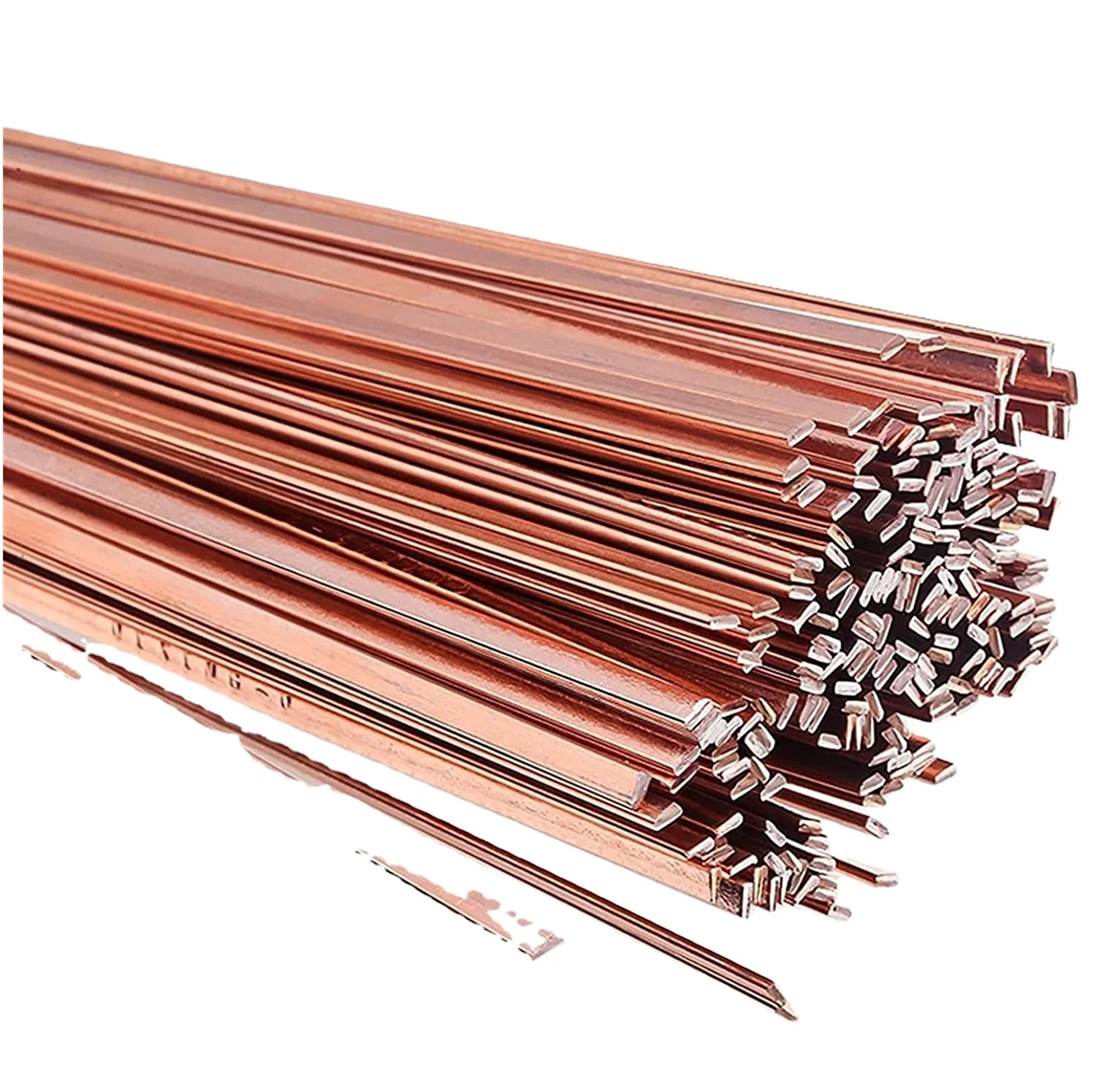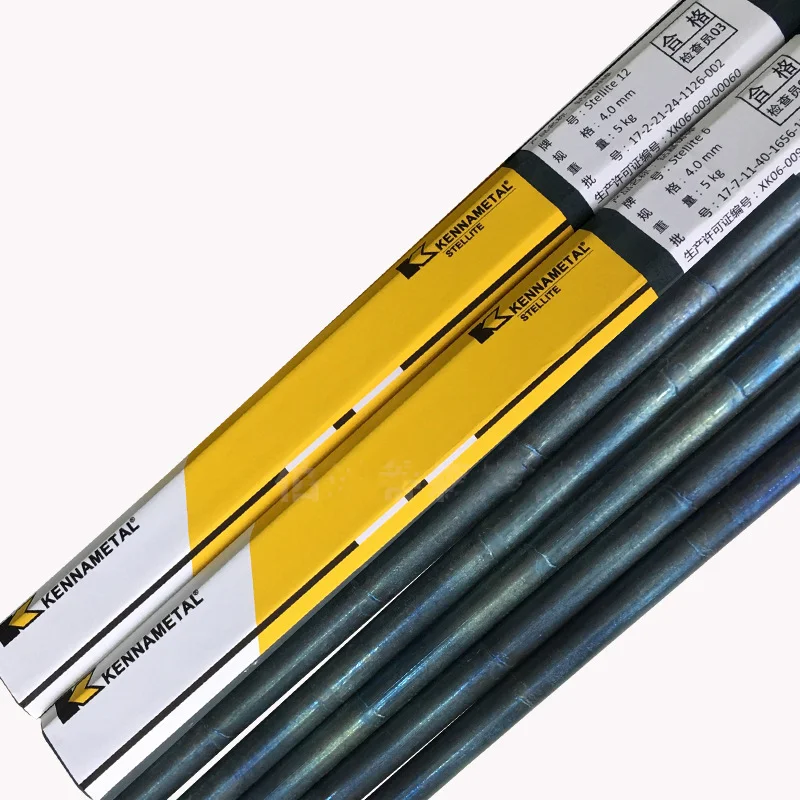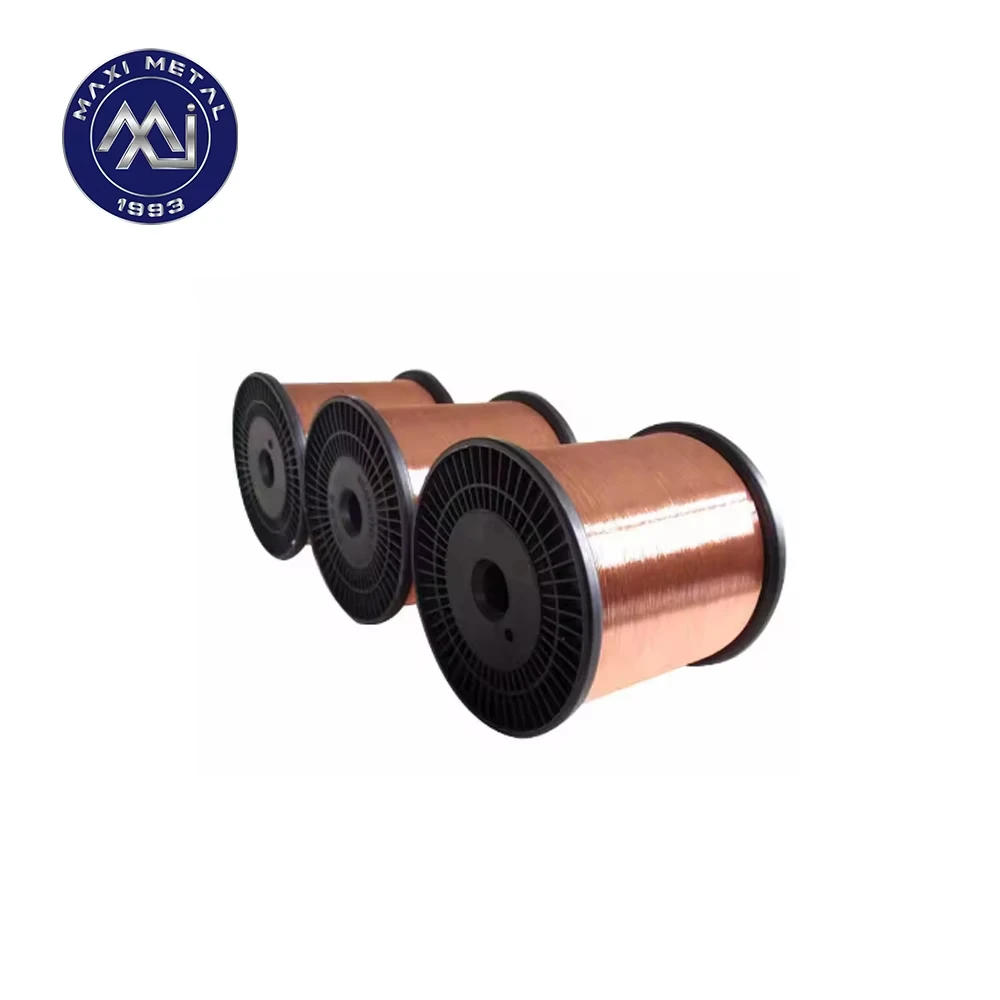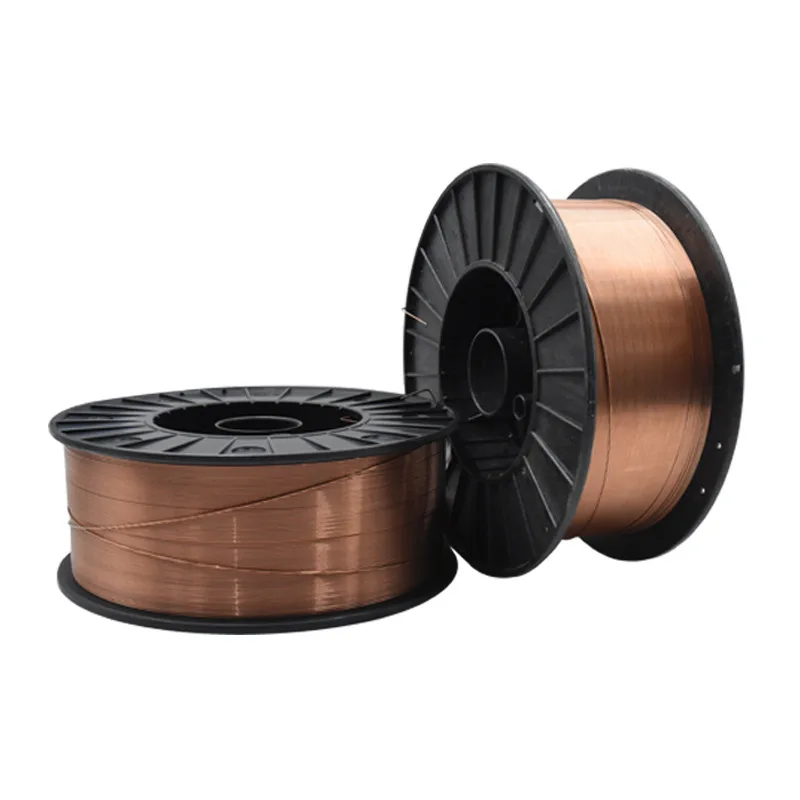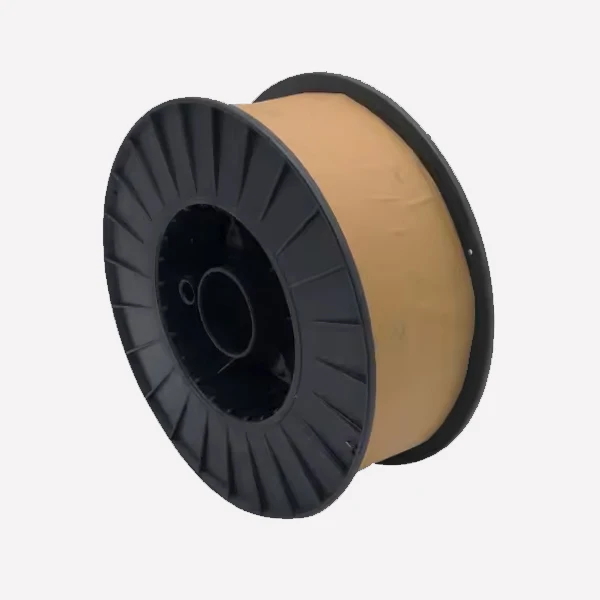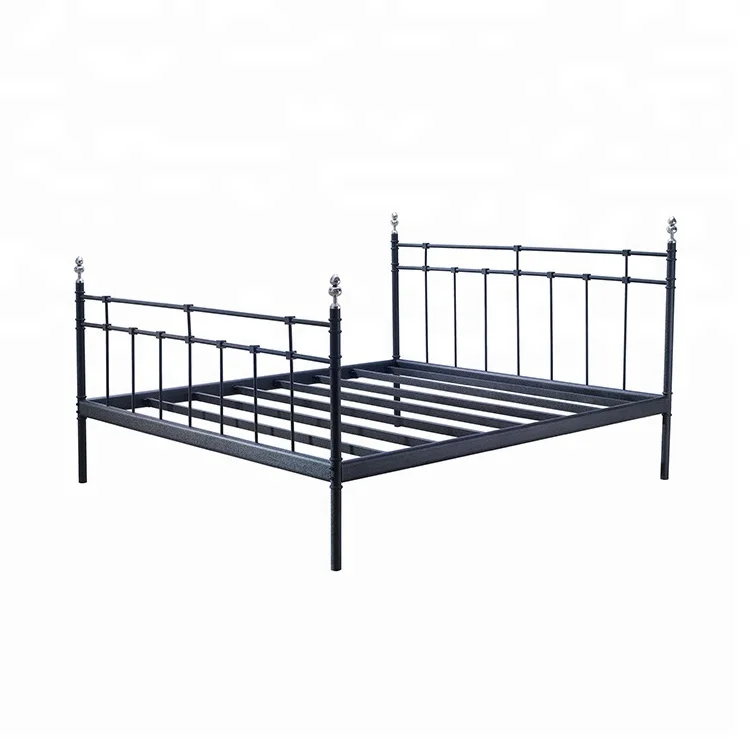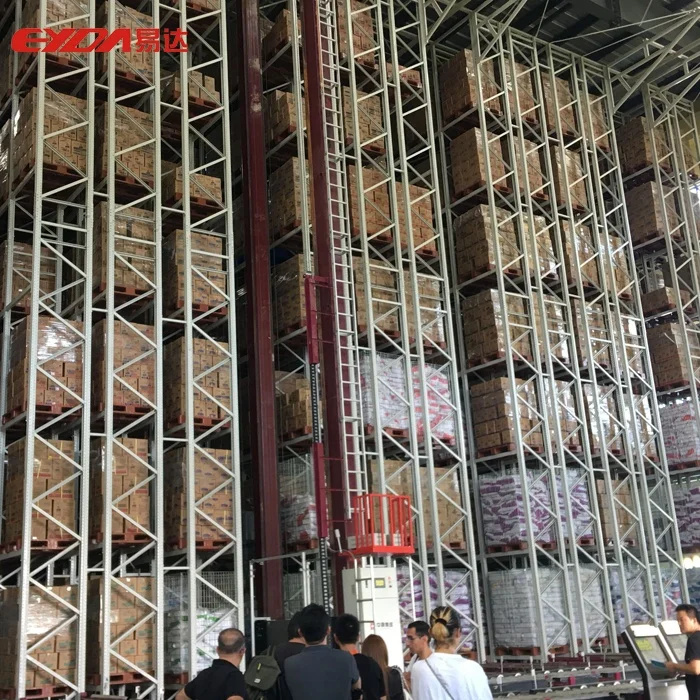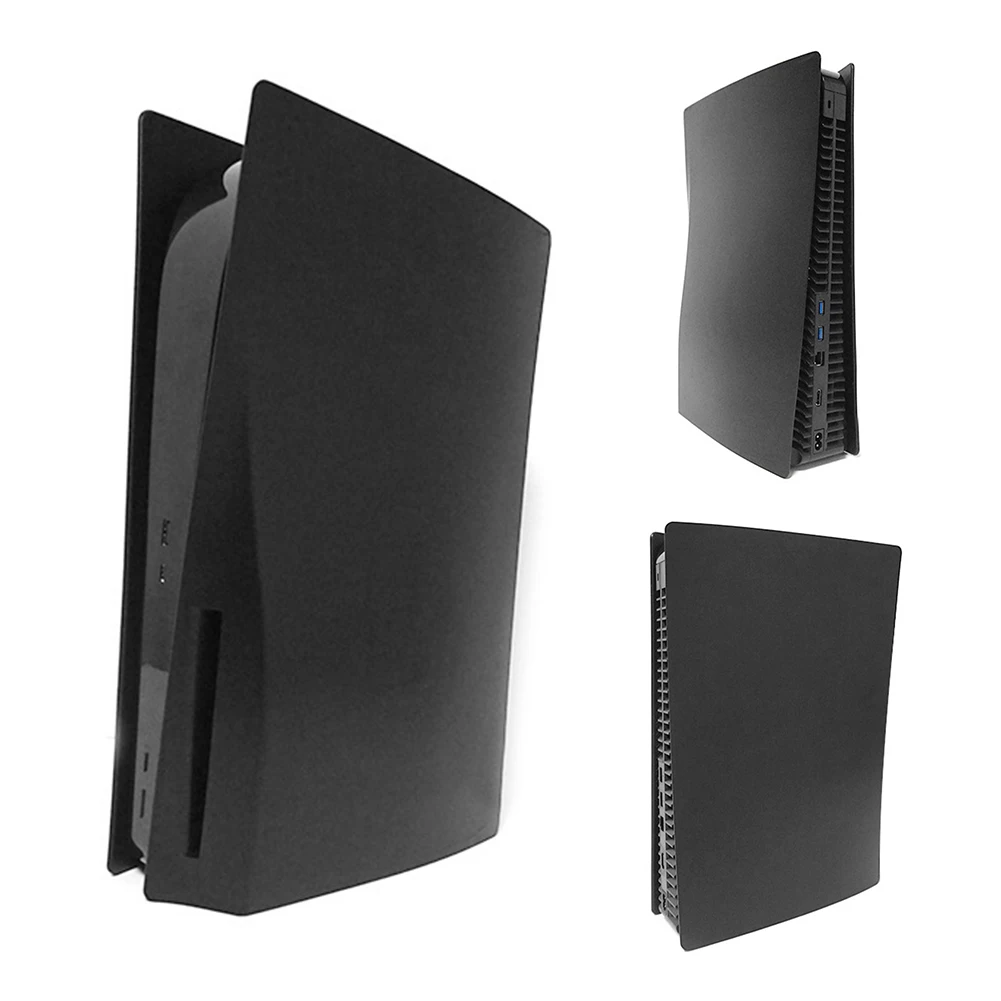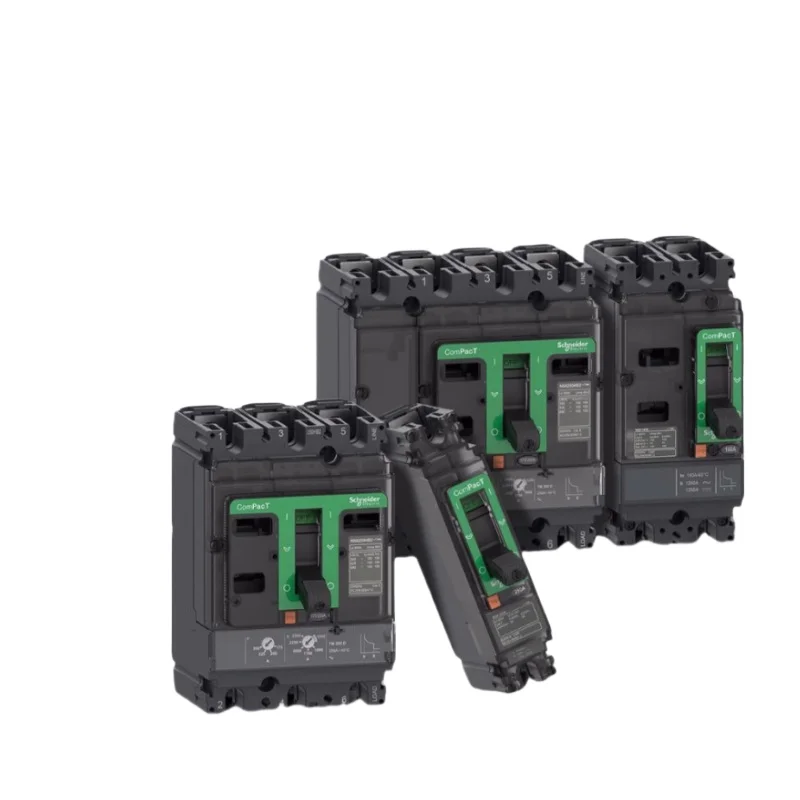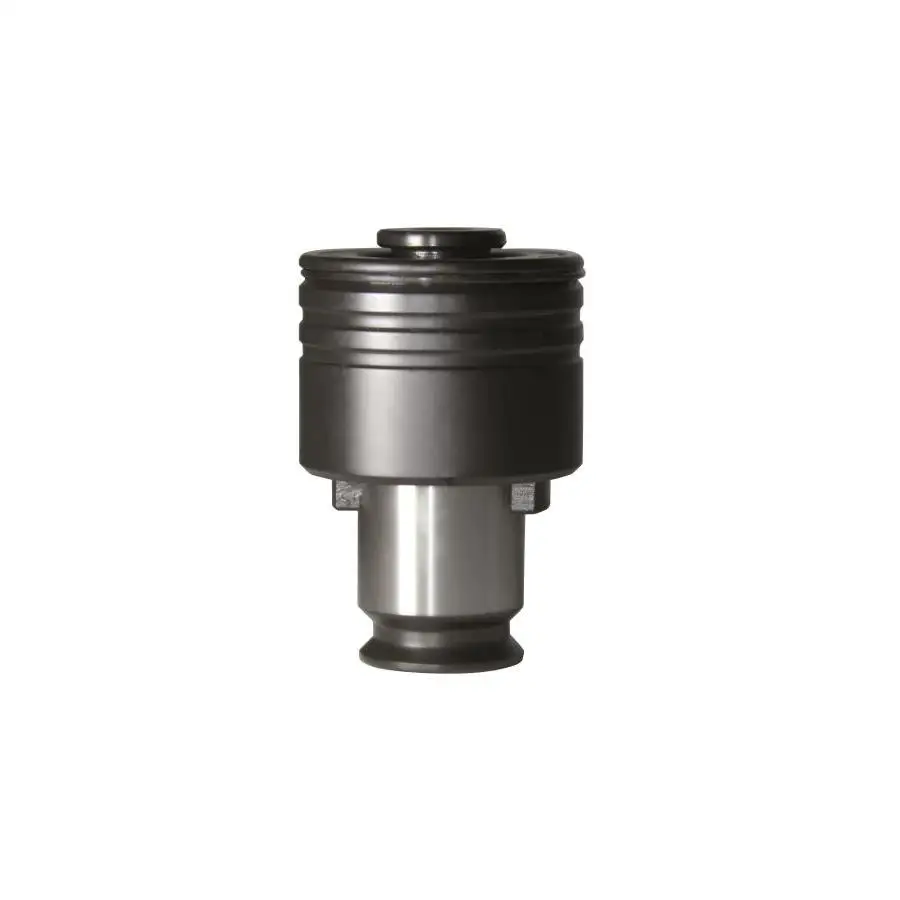Китайский завод сварочная проволока из нержавеющей стали Aisi 304 316 цена за кг толщина Ss304 для продаж
- Категория: >>>
- Поставщик: Jiangsu Maxi Metal Co. Ltd.Jiangsu Ltd.
Сохранить в закладки 1601286858700:
Описание и отзывы
Характеристики
Product show
Product Advantages
1. Corrosion Resistance:
Due to the presence of chromium, stainless steel wire has excellent corrosion resistance and can withstand corrosion and rust in a variety of environments.
2. High Strength:
2. High Strength:
Stainless steel wire has a high tensile strength and can endure significant tensile forces and pressures.
3. Good Ductility:
3. Good Ductility:
Stainless steel wire possesses good ductility, allowing it to be stretched or bent into desired shapes without breaking.
4. High-Temperature Resistance:
4. High-Temperature Resistance:
It can withstand high temperatures without losing its physical properties, making it suitable for high-temperature environments.
5. Low-Temperature Tolerance:
5. Low-Temperature Tolerance:
Similarly, it maintains its performance in low-temperature environments, suitable for use under extreme climate conditions.
6. Easy to Process:
6. Easy to Process:
Stainless steel wire can be processed in various ways, such as weaving, winding, and welding, to meet different application needs.
7. Hygienic:
7. Hygienic:
With a smooth surface that does not easily adsorb dirt and bacteria, it is suitable for use in food processing and medical equipment.
8. Aesthetic Appeal:
8. Aesthetic Appeal:
Stainless steel wire has a bright surface that provides an attractive appearance, making it suitable for decoration and the construction industry.
9. Recyclability:
9. Recyclability:
Stainless steel is a recyclable material, which helps to reduce waste and environmental impact.
10. Oxidation Resistance:
10. Oxidation Resistance:
At high temperatures, stainless steel wire can resist oxidation, maintaining its performance and structure.
11. Electrical and Thermal Conductivity:
11. Electrical and Thermal Conductivity:
Certain types of stainless steel wire have good electrical and thermal conductivity, suitable for electrical and heat exchange applications.
12. Diversity:
12. Diversity:
Stainless steel wire comes in various types and grades, allowing for the selection of appropriate materials based on different application requirements.
Specification
Company Profile
Maximetal is professional manufacturer and supplier of Stainless steel Wire.Quality guaranteed,on-time delivery, after-sales warranty,We hold large inventories of Stainless steel Wire in a large of variety of grade,The ISO 9001 management system ensure the high quality of the products.
Q1: What are your terms of payment? A1: We accept TT, L/C and west union or you can pay through Alibaba. 30%T/T as the upfront deposit, 70% before delivery, We will show you the photos and package before you pay the balance. Q2: Do you have after-sales service? A2: Our quality and service is our life, so even after your buying, we still offer free after sale service. Q3:Custom made Products A3:If you have your own design , we can produce according to your specification and drawing. Q4:Reasonable price A4:fter clients receive the quotation , we will show you rationality of the price. Q5:Design A5:Customers’ design is acceptable. Q6: What's the terms of delivery? A6: EXW, FOB, CFR, CIF. Q7: What's the terms of packing? A7: Generally,we pack our goods in bundles or coils with rods or belts, we could also pack the goods as the customers' requirement. Q8: What's your delivery time? A8: For stocks, we could transport the goods to loading port within 7 work days after we received the deposit.For productionperiod,it usually takes about 15 days to 30 days after we received the deposit. Q9: Could you produce according to the samples? A9: Yes, we can customer-made by your samples or technique drawings, we can build the mold and fixtures. Q10: Could youprovide the compliment samples? A:10 Yes, we could provide the free samples on condition that it is available in stocks, however,the transportation fee is borne by buyer. Q11: How could you guarantee your products quality? A11: Each piece of products is manufactured by certified workshops, inspected by us piece by piece according to national QA/QC standard. We also could issue the warranty to customer to guarantee the quality. Q12:What are the advantages of your company? A12:(1): Prime quality and reasonable price. (2): Wide excellent experiences with after-sale service. (3): Every process will be checked by responsible QC which insures every product's quality. (4): Professional packing teams which keep every packing safely. (5): Trial order can be done in one week. (6): Samples can be provided as your requirements. Operation philosophy: The same product than the quality The same quality than price The same price than service The same service than credibility
Похожие товары
Leaded Lead-free 0.1 to 3mm Dia Solder Wire 95/5 60/40 Tin Sn Alloy for Electric Soldering
0,99-1,50 $
Меден плоский стержень BCuP-2 3 2 мм 0% серебро Фос-Меден сплав по хорошей цене
6,00-8,00 $
Производитель в наличии Stellite12 сварочная проволока на основе кобальта-хрома-вольфрамового сплава Литейный стержень stellite12
Лидер продаж высококачественный Чистый медный провод 99.9% от 0 05 мм до 2 6 услуги по сварке
0,80-1,30 $
Заводской дистрибьютор BCu91PAg BCu90PAg BCu89PAg BCu88PAg BCu80PAg Серебристая фосфорная медная сварочная проволока припой
34,00-37,00 $
Factory Best Price ER70S-6 Co2 Welding Wire Production Line Mig Hot Sale 0.8mm 1.0mm 1.2mm Copper
0,67-0,72 $
ER70S-6 горячая Распродажа Высококачественная сварочная проволока с медным покрытием
730,00-750,00 $
Новые поступления
Новинки товаров от производителей по оптовым ценам
Светлая Золотая морская солнечная энергия ландшафтное украшение постмодерн минималистский стиль чистая ручная роспись маслом 24x3 1 дюйм/60x80
35-53 $
Европейские антикварные простой Последние двойной металлической кровати
Автоматизированная складская система автоматического хранения в Гуанчжоу Eyda с эффективными стеллажами и
10 000-35 000 $
Декоративный чехол для PS5 Сменный Чехол консоли пластины Playstation5 пылезащитный с защитой от царапин
7,50-7,70 $
Лучшее качество детские подгузники для сухих подгузников новорожденных размер 2 4 и большие доставка или
3 $
Выключатель для формованного корпуса Schneider NSX100N 50KA AC 3P3D 25A TMD новая модель C10N3TM025
Буф2-.. М .. Краны
Оптовая продажа высококачественный сублимированный клубничный порошок Заводская поставка
5,50-6,40 $
